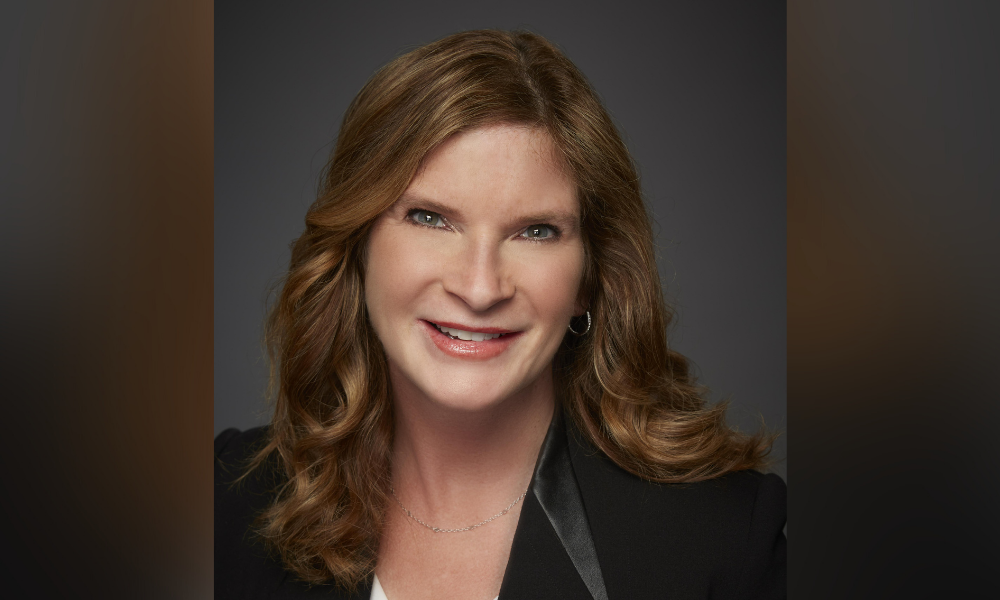
Digitization of the law and ongoing adoption of new technology will be dominant

With the introduction of electronic wills in British Columbia, the managing partner at Hull & Hull predicts a continued interest in digital access to legal resources rather than conventional libraries. In an interview about legal trends in the profession, wills and estates lawyer Suzana Popovic-Montag says digitization of the law and steady adoption of new technology by firms and the courts will be prevalent in 2022.
“I’m impressed by how the legal community has come together to support each other and clients through this challenging time. We’ve had to adapt and learn together and it’s pointed out the best of our traits,” Popovic-Montag says.
She says lawyers currently have virtual will execution and witnessing options and have mastered the new approach, thereby increasing their flexibility in helping clients with annual estate plans.
There was significant interest in digital estate planning in 2021, and Popovic-Montag says clients are beginning to consider digital assets. “We talked about it pre-pandemic, we said ‘you’re going to have a digital footprint, you want to make sure you consider how you include that in estate plans’ and people are now recognizing that that is an asset that has to be considered as part of the planning process.”
She says there is continued uncertainty following the rapid shift into virtual communication for law firms and courthouses, but lawyers are more comfortable with remote court attendances, examinations, and digital documents.
Clients save costs and travel time with remote hearings and mediations. However, realizing that the pandemic has affected everyone differently, Popovic - Montag says the firm caters to clients’ communication preferences and provides an adaptable environment based on unique needs and issues.
She says virtual meetings, examinations for discovery, mediations, and court attendances also raise cybersecurity and data privacy awareness to protect the firm and client’s information.
With the market volatility of the pandemic, Popovic- Montag says there was an urgency to secure assets and gain authority to administer estates to prevent significant losses. “We saw more and different guardianship or Power of Attorney fights and concerns because of people’s isolation.”
She says that associates made themselves available for in-person meetings when personal interaction was needed or requested by a client. “It’s important to us to have that flexibility so that we’re not turning away people because we’re not able to meet their preferences.”
Popovic- Montag says that mentorship and maintaining collegiality with co-workers were remote work challenges and downsides. “You couldn’t just walk down the hall into someone’s office and chat about a file or seek some information or thoughts.”
The firm expanded in 2021 and created a hybrid onboarding process, but Popovic-Montag says they adjusted to Zoom interviews. “It’s very different to interview on zoom than in person, and then to finally meet after months of remote working was something we had to get used to.”
The firm utilized LinkedIn and other social media platforms in addition to traditional recruitment methods for candidate searches, and Popovic-Montag says it was in their best interest to go through the mixed onboarding process and adapt because it allowed connection with a broader pool of applicants.
She says the legal profession is hopeful that in 2022, there will be a return to an in-person or hybrid working model to become acquainted with the new normal.
“I hope that we’ll continue to learn to improve the flexibility of our practices so that we can really do the best for our clients and enjoy the practice of law as much as possible while we’re doing that.”